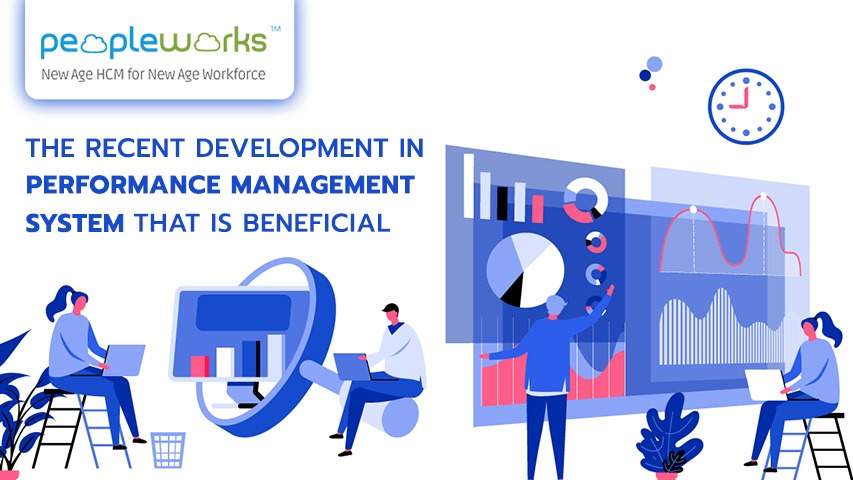Performance analysis and evaluations have often been critical in assessing employee engagement and laying the groundwork for employee promotion and recognition. A reliable performance management system is critical in assisting organizations in determining the productivity of their workforce while also ensuring that employees are aware of the main evaluation criteria. Making performance improvement right has become critical for businesses. With global market dynamics becoming more challenging and technology undermining much of how business is done, getting the right performance management system in place means knowing where and how to increase employee productivity. It also aids businesses in addressing inefficiencies in their workforce and further developing those with the right fit and skills.
Many organizations have recently begun to move away from conventional, mostly annual methods of resolving performance problems and toward a more complex approach. The most successful businesses are moving away from hierarchical structures and toward a more flexible approach that promotes the most important daily habits and aligns individual work with organizational goals. Providing constructive, real-time input, ensuring that workers have clear goals, and coaching employees to reach their optimal performance levels are all part of a successful HR performance management system. The following aspects of performance management took centre stage:
- Employees, particularly in businesses operating in highly challenging industries like tech and finance, often work on several projects and in cross-functional teams. As a result, performance management has become more holistic. The 360-degree analysis, for example, is slowly gaining traction as a method of performance evaluation that helps to adapt the entire process.
- Employee experience has been a critical element in determining how performance management systems are implemented. Employee experience nowadays refers to the company’s community that workers are a part of during their entire relationship with it. Employees would find the process less transactional and inconvenient, which will allow them to increase their overall efficiency. Managers are now being instructed on how to have performance-based conversations with their workers in order to close holes and increase productivity.
- Thanks to the increasing position of HR technology, performance management can now be more data-driven and can take into account a greater collection of data to eliminate bias. Performance management has become more real-time and impactful in driving efficiency thanks to emerging technology. In the coming years, as AI and automation become more prevalent, HR professionals will strive to produce more comprehensive and substantive performance reviews.
- Performance management systems have been fine-tuned to allow for the evaluation of competency gaps and the development of talent. HR professionals can use such systems to better identify high-performing employees and plan leadership succession. HR professionals could contribute more strategically to companies and channel initiatives to maintain key talent by creating continuous frameworks that provide a 360-degree performance assessment.
This change is significant since many organizations have started to apply this principle to continuous performance management. HR practitioners are actively attempting to use employee performance management systems to bring more value to employee jobs to transform them from a periodic, transactional, and mostly tick-in-the-box operation.
